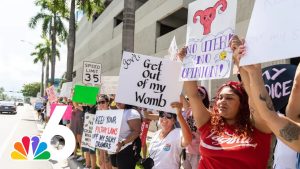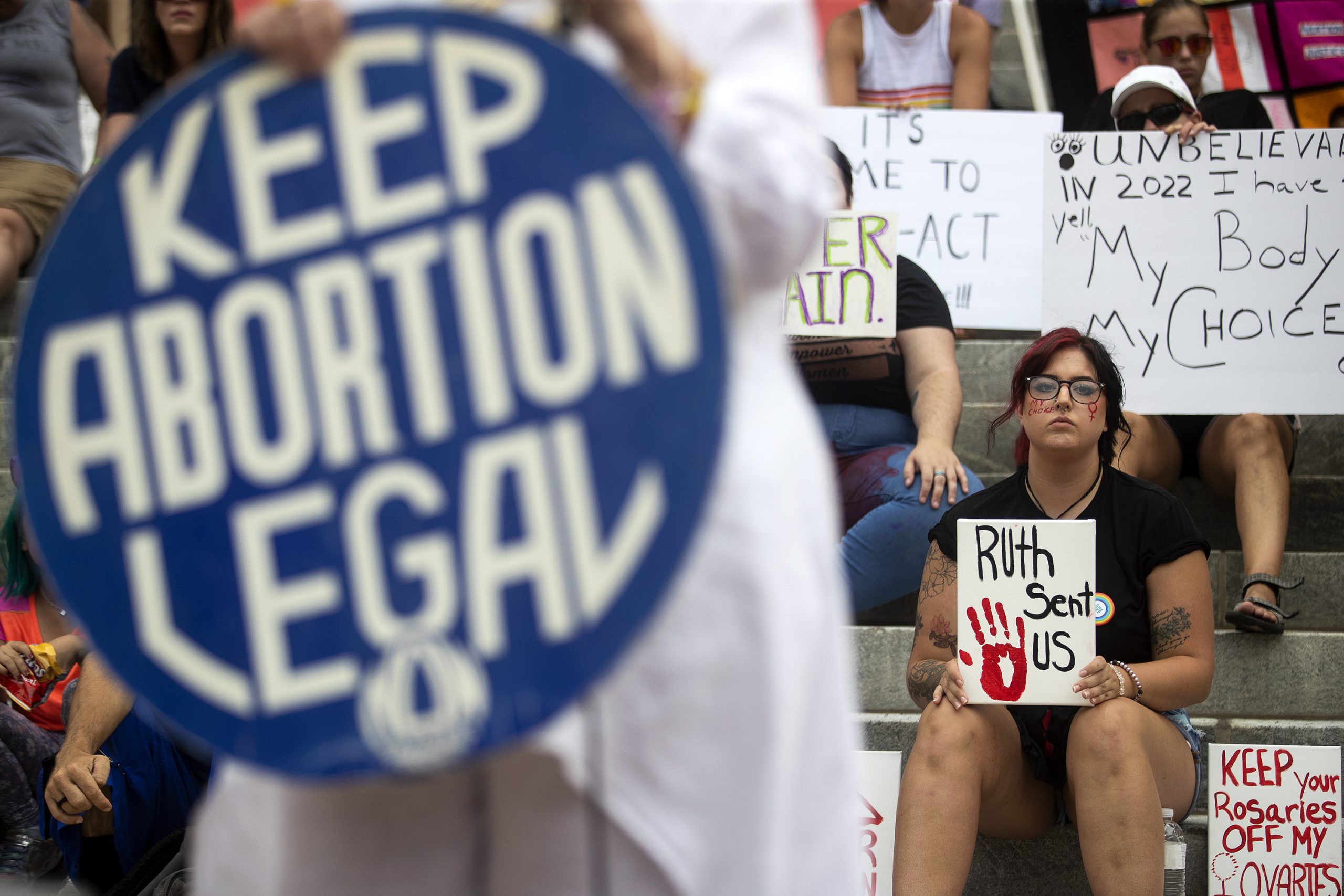The Florida High Court on Monday made room for the state to boycott fetus removals following a month and a half of pregnancy before numerous ladies realize they are pregnant, while likewise allowing electors an opportunity to eliminate limitations in November.
The court, which Conservative Gov. Ron DeSantis reshaped, controlled 6-1 to maintain the state’s prohibition on most fetus removals following 15 weeks of pregnancy, meaning a restriction on about a month and a half could before long produce results. However, under a different 4-3 decision, the court permitted a polling form measure to go to citizens that would revere early termination freedoms in Florida’s constitution.

The court’s choices could be critical in the official race and legislative challenges this year by driving fetus removal privileges allies to the surveys. Since the U.S. High Court toppled electors in each state with a fetus removal related voting form measure have leaned toward the side upheld by early termination freedoms allies.
The 15-week boycott, endorsed by Desantis, was upheld while it was tested in court. The six-week boycott, passed by the Council last year, was composed so it wouldn’t produce results until a month after the 2022 regulation was maintained.
Arranged Being a parent, the American Common Freedoms Association and other people who tested the law contended that the Florida Constitution’s special security condition for over 40 years has unequivocally safeguarded a right to early termination in the state and ought to stay in force.
Attorneys for the state, nonetheless, said when the protection condition was embraced by elector mandate in 1980, scarcely any individuals comprehended it would cover fetus removal. They told the judges the condition was chiefly intended to cover “enlightening protection” like individual records and not early termination.
The Florida judges concurred, saying that when electors endorsed the protection proviso, they didn’t realize it would influence early termination regulations.
“The discussion — as outlined to the general population — predominantly related the Security Statement’s terms with worries connected with government reconnaissance and exposure of private data to the general population'” the court composed. “Prolife and prochoice bunches didn’t participate in the conflict. These gatherings are not politically shy — not currently, and not in 1980.”
















